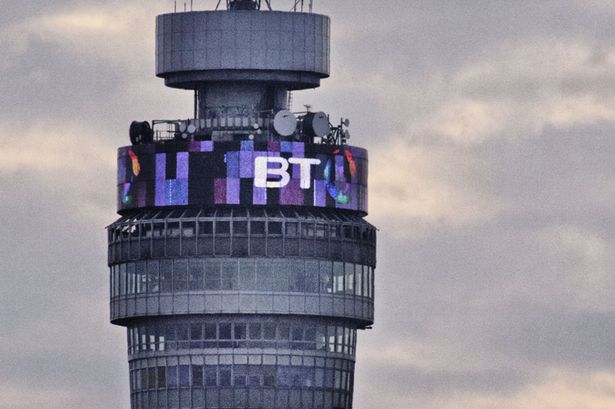BT says suggestions that Openreach should be made independent are motivated by self-interest and any separation would harm the UK’s position as a digital leader.
In its official submission to Ofcom’s once in a decade review of the UK communications market, BT urged the regulator to maintain the status quo, claiming the model has worked for the past decade and that investment in the country’s digital infrastructure would be jeopardised.
Ofcom is considering formal separation, alongside a number of other proposals.
Openreach separation
 Sky, TalkTalk and Vodafone are among those who have urged the regulator to take radical action, arguing the current structure favours BT, discourages investment and harms competition in the fibre broadband market, which rivals claim is not as competitive as copper. Sky in particular has grievances about Openreach’s service record.
Sky, TalkTalk and Vodafone are among those who have urged the regulator to take radical action, arguing the current structure favours BT, discourages investment and harms competition in the fibre broadband market, which rivals claim is not as competitive as copper. Sky in particular has grievances about Openreach’s service record.
Competitors say an independent Openreach would immediately become a FTSE-100 capable capbale of making significant investments in digital infrastructure, BT insists Openreach would not as effective without access to BT capital and research and development.
“We appeal to Ofcom not to be swayed by certain communications providers in the UK who are evidently motivated by self-interested corporate rivalry,” BT said “There is no case for structural separation, no detriment to competition, no evidence that structural separation would lead to improved market outcomes, and no theoretical analysis to support such an agenda.
“Continuing to hold open the possibility of structural separation will put at risk the investments necessary to drive good customer outcomes in coming years.”
Pay TV dominance
BT’s submission makes some demands of its own. It wants regulation to promote investment and provide stability for communications providers so they can make long-term commitments. But above all, it wants greater intervention in the Pay-TV sector, which it claims is dominated by Sky.
 Indeed, it says it is perverse that Sky can access Openreach on a regulated basis but BT has such difficulty securing Sky’s TV channels on a wholesale basis.
Indeed, it says it is perverse that Sky can access Openreach on a regulated basis but BT has such difficulty securing Sky’s TV channels on a wholesale basis.
“We are now at a critical point in the development of the UK as a digital nation,” said BT CEO Gavin Patterson. “Broadband has become central to our economic and social life today and the industry must therefore invest to meet this growth in customer expectations and demand.
“BT is driving the transformation of Britain’s digital infrastructure but we need the right regulatory regime that supports fair competition for all and large scale investment.
“Ofcom has the opportunity to level the playing field by tackling Sky’s dominance of Pay TV. That dominance has led to poor outcomes for UK consumers and it is about time that converged regulation was introduced to deal with a converged market. The current lop sided approach isn’t serving customers well.”
Last month, BT promised to extend fibre coverage beyond existing government targets, increase the minimum speed to 10Mbps and support more community broadband projects. It also plans to deliver ultrafast broadband of 1Gbps using fibre to the premise (FTTP) and G.Fast technologies by the end of the decade. Openreach itself has also promised to improve service levels for third party communications providers.
Other communications firms are expected to publish their own submissions to the review in the coming days.
What do you know about fibre broadband? Try our quiz!




